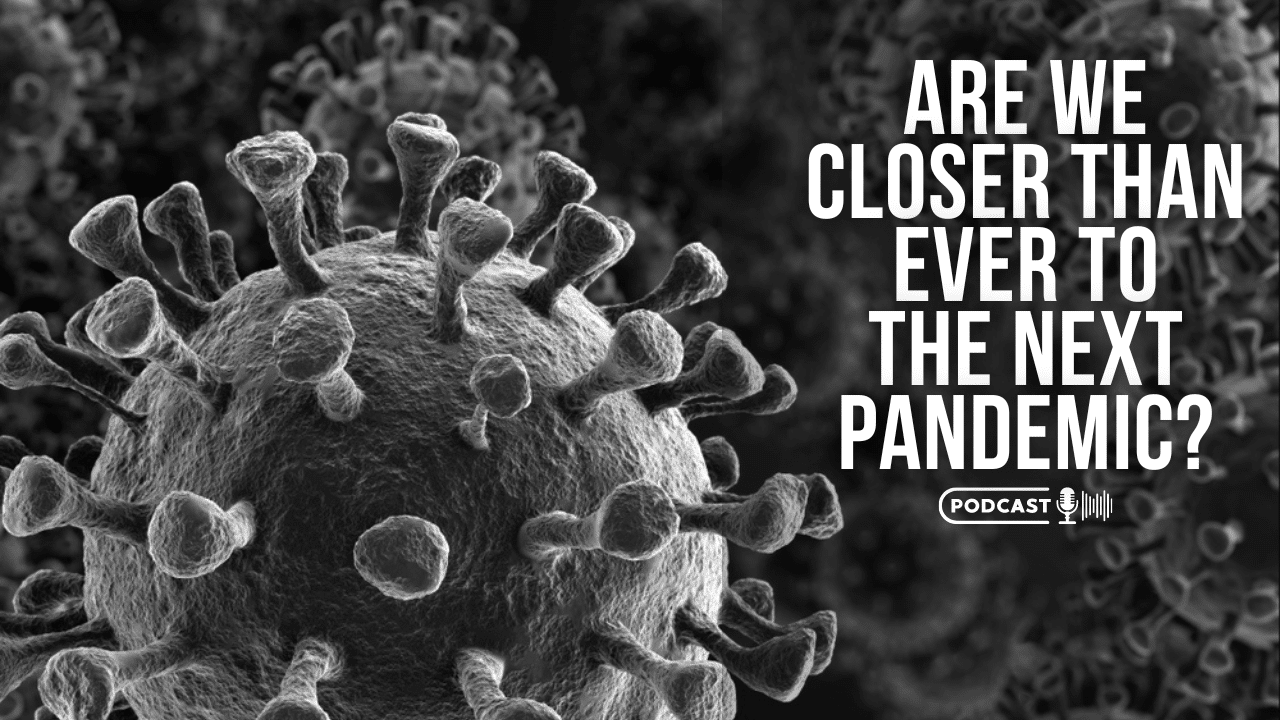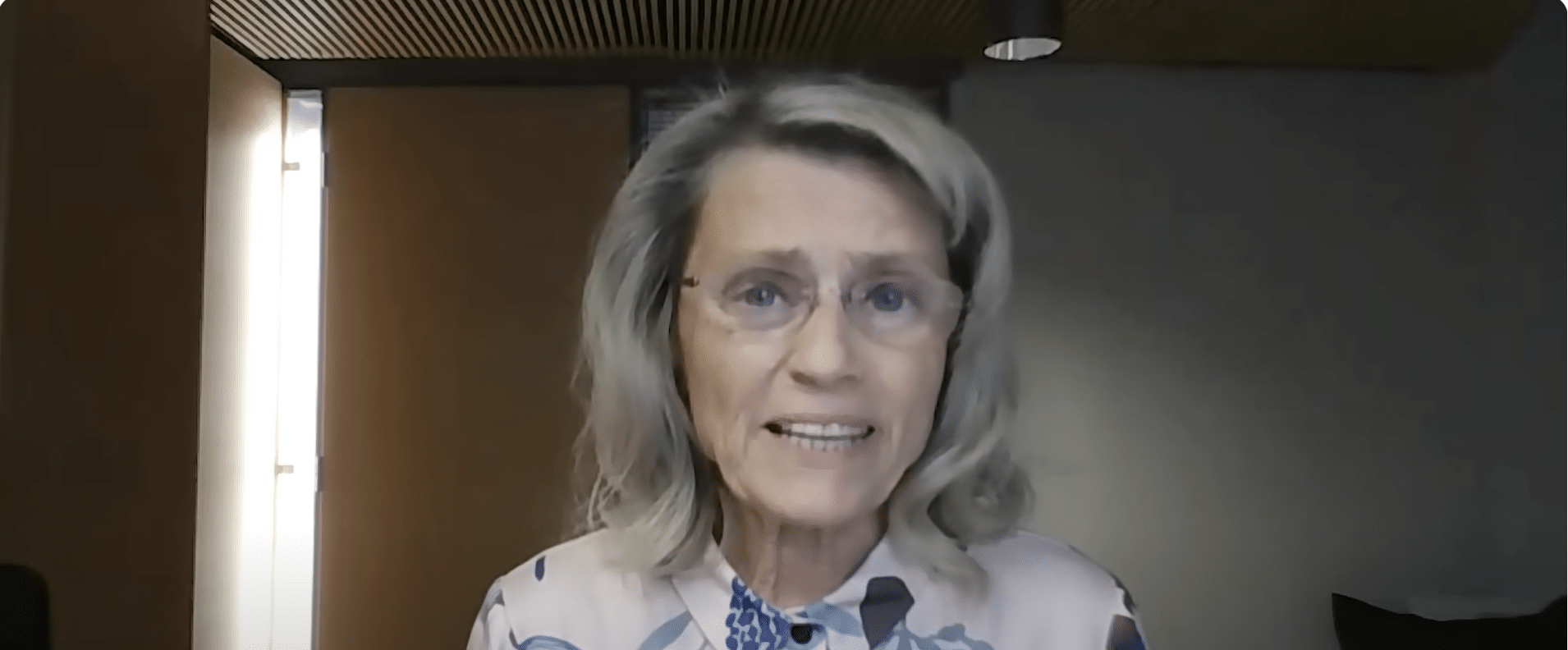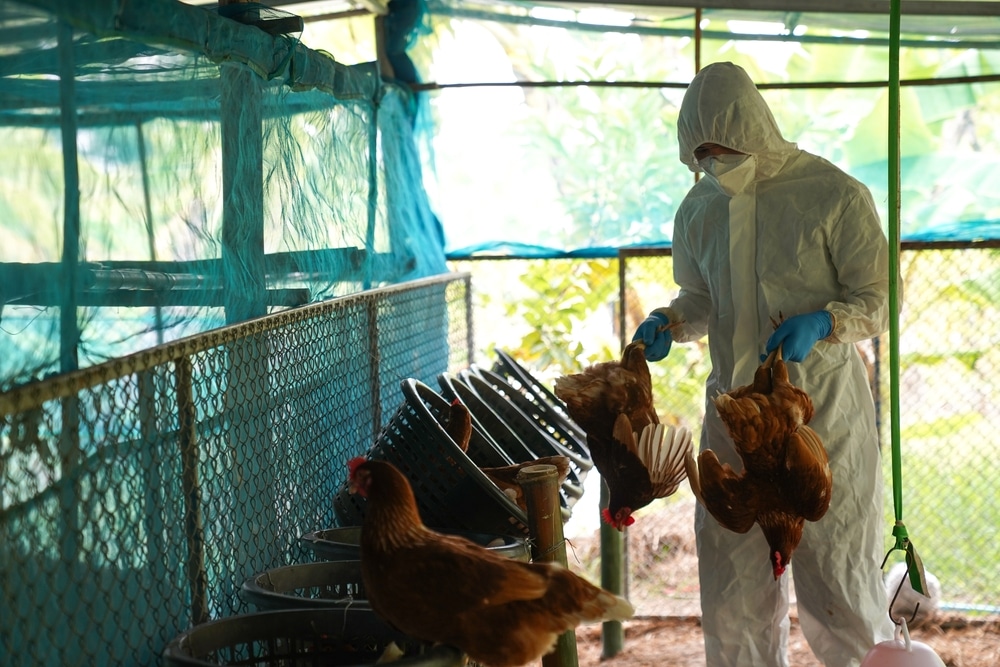One expert is warning that monkeypox will become the next pandemic to strike the world, as the current outbreak of the virus has caused over 30,000 cases worldwide – with about a third of infections detected in the United States alone, home to the largest outbreak in the world.
Dr. Joseph Eisenberg, an epidemiologist at the University of Michigan in Ann Arbor, said in an interview that he believes the erupting virus will become the next pandemic in the US, but not reach the same heights as COVID-19. His comments come as the nation’s outbreak begins to spiral out of control.
The Centers for Disease Control and Prevention (CDC) recorded another 366 infections on Thursday, bringing the confirmed cases total to 10,758. The surge in cases and the potential for the virus to become a pandemic has left health officials scrambling. America is facing a massive shortage of vaccines, with only around 1.1 million available.
The Food and Drug Administration (FDA) is reportedly considering splitting shots into fifths to make limited supplies go further – though have been criticized for the move as their is little data supporting it.
‘It is spreading globally through several countries, including the US In the US, cases are rapidly increasing into the thousands. ‘It’s a different kind of pandemic than what we see in Covid, however, because it is much less infectious and it is currently affecting a specific risk group that involves very close, intimate contact. And so, yes, it’s a pandemic, but it’s not anything like the Covid pandemic.’
Not all agree the situation is this serious, though. Dr. Andrew Brouwer, an assistant research scientist at Michigan’s School of Public Health, pushed back in the same interview. ‘The COVID-19 pandemic has sensitized us to disease transmission. Other outbreaks… received much less attention,’ he said.
‘That is not to say that we should let the MPV and other outbreaks fly under the radar, but we should have some perspective that outbreaks of various diseases happen all the time and not all are existential threats.’ Brouwer does think the increased attention on the virus is helping fight it, though, making the average more aware of its spread and how to spot a potential case. READ MORE
















